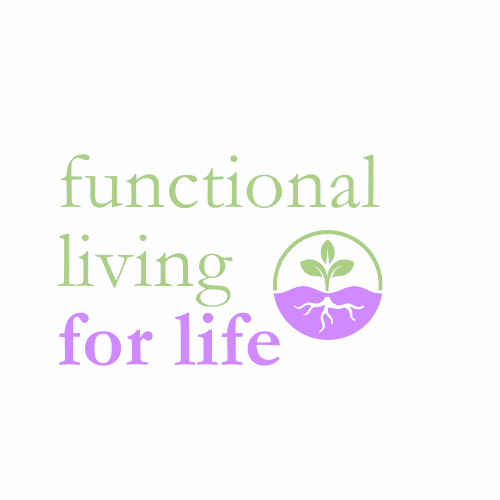In today’s fast-paced world, stress has become an inevitable part of life. The demands of work, personal responsibilities, and social pressures often leave individuals feeling overwhelmed and anxious. However, mindfulness, a practice rooted in ancient traditions, offers a powerful way to manage stress and enhance overall well-being.
Understanding Mindfulness
Mindfulness is the practice of being fully present in the moment, and aware of thoughts, feelings, and surroundings without judgment. It involves cultivating a state of awareness that allows individuals to observe their experiences with acceptance rather than resistance. This mental discipline helps break the cycle of automatic, negative reactions to stressors, fostering a sense of calm and control.
The Connection Between Mindfulness and Stress Reduction
Research has shown that mindfulness can significantly reduce stress by altering how the brain processes emotions and reactions to external stimuli. When individuals practice mindfulness regularly, they develop the ability to respond to stress in a more balanced and thoughtful manner. Some key benefits of mindfulness in stress reduction include:
- Lowering Cortisol Levels – Mindfulness practices, such as meditation, have been shown to reduce cortisol, the primary stress hormone, resulting in a more relaxed state of mind.
- Enhancing Emotional Regulation – Mindfulness strengthens the brain regions associated with emotional control, helping individuals manage stress more effectively.
- Improving Focus and Clarity – By training the mind to stay present, mindfulness enhances concentration and reduces the tendency to dwell on stressful thoughts.
- Promoting Relaxation – Techniques like deep breathing and body scanning induce a state of relaxation, counteracting the physiological effects of stress.
- Strengthening Resilience – Regular mindfulness practice helps individuals develop coping strategies that enable them to handle challenging situations with greater ease.
Practical Ways to Incorporate Mindfulness into Daily Life
Integrating mindfulness into daily routines does not require a significant amount of effort. Simple practices can make a significant difference in stress management:
- Mindful Breathing: Taking slow, deep breaths while focusing on the breath helps center the mind and reduce stress.
- Body Scan Meditation: Bringing awareness to different parts of the body helps release tension and promotes relaxation.
- Mindful Eating: Paying attention to the taste, texture, and sensations of food enhances the eating experience and prevents mindless consumption.
- Gratitude Practice: Reflecting on the positive aspects of life fosters a sense of contentment and reduces stress.
- Journaling – Writing about thoughts and emotions provides an outlet for stress and enhances self-awareness.
Mindfulness offers a valuable tool for navigating the stresses of modern life. By practicing mindfulness regularly, individuals can cultivate a sense of inner peace, improve emotional resilience, and foster overall well-being. Embracing mindfulness as a daily habit can transform one’s relationship with stress, leading to a healthier and more fulfilling life.
Apps for Mindful Breathing




